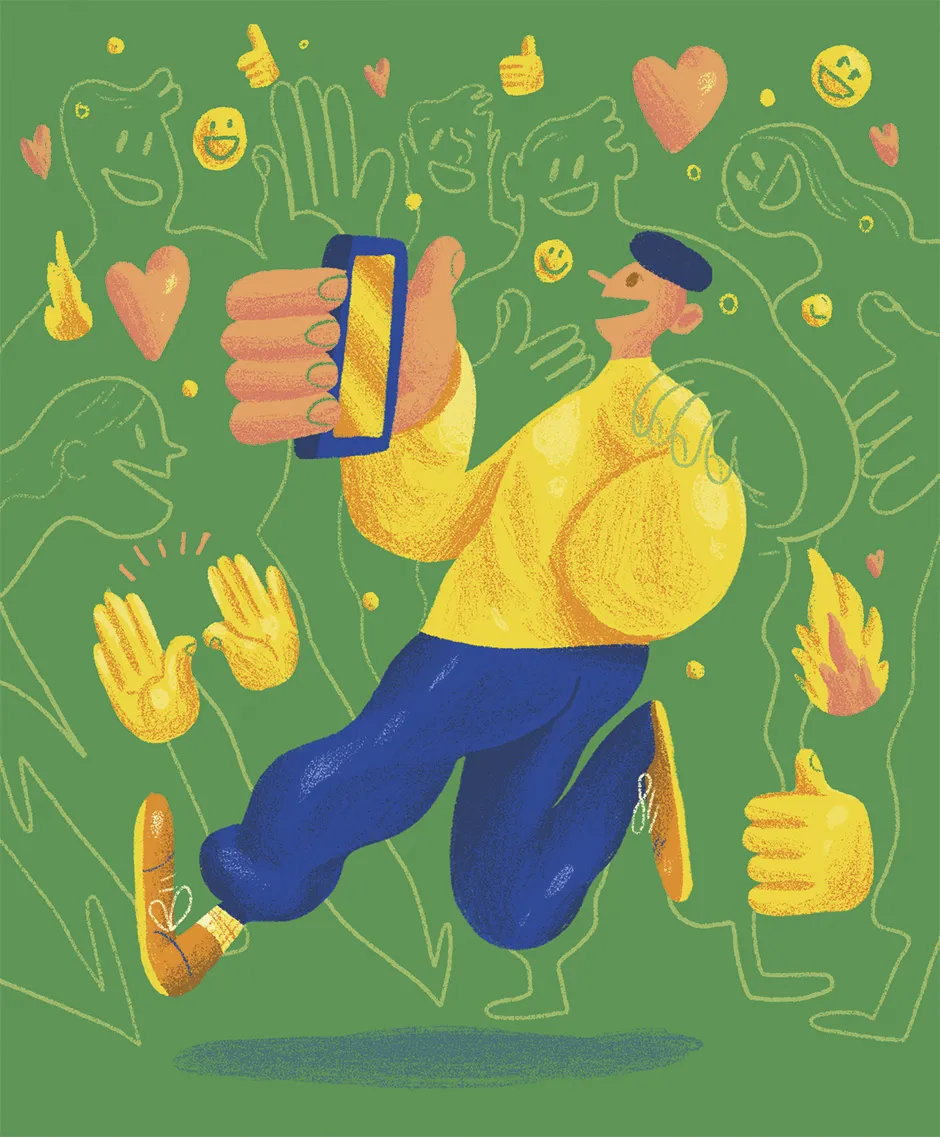Research is most exciting when it throws up something contrary to popular belief. My field, psychology, has a reputation for finding things that confirm what we already know about ourselves – behaviour like preferring to hang out with people who are like us, or trusting someone we believe is credible – and maybe that’s why people like it.
But when science comes out with something unexpected, like the famous finding that logical and respectable people will do terrible things to other humans when in the presence of a commanding authority, that’s when things get interesting.
The internet is full of these funny contradictions. For example, who would have thought that you can feel a real and important connection with someone you’ve never met in the flesh?
Many people believe that the internet is a paradox, as Robert Kraut and his colleagues found in 1998 in their paper: ‘Internet paradox: a social technology that reduces social involvement and psychological wellbeing’. But it’s not.

I know this from the opposite effects described by the 12 years of research that followed, including from Kraut and his colleagues in a later study published in 2002. But as we know from the bleeding obvious (and lots of psychology studies), we would rather hear something that confirms what we believe.
Now, here we are in the midst of a remarkable moment in internet history, as more people than ever grapple with truly living online. As I’ve said in the past, this enforced digital experiment is exposing the boundaries of what modern tech is able to offer human interaction, and where it fails.
After such a long time of being mediated, we are hungry for face-to-face contact. We also prefer research that reminds us how essential it is in social involvement and psychological wellbeing. Well, I’m going to be contradictory here.
In a recent issue of the Journal Of Computer-Mediated Communication, an international team of scientists wanted to find out what helped people cope during stressful situations: face-to-face or online interactions.
Read more from Aleks Krotoski:
- We need to support teachers who have to deal with anxious parents
- We have no right to return to pre-COVID ways of being; it will put our communities in danger
- Death will force us to test technology in ways it was never meant to be used
They looked for psychological and biological markers of stress response in 469 students in Chile who were preparing to take a crucial university placement exam. And what they found... you know where this is going... is that online support fared better than face-to-face.
Now, this finding might be an artefact of age, or the context. I doubt anyone who’s suffered a loss over the last few months would prefer a virtual fist bump over a real one.
But what the results of this study do show is that we are better able to cope with stress when we experience more support. And online, we have a lot more connections who are willing to give us a boost. So when you think about it, the results aren’t contradictory at all.
A mediating machine doesn’t mean the death of humanity. It just makes the relationship more, well, complicated. Every contrary finding gives us a glimpse at something that is obvious when you think about it. And isn’t it always more fun to learn something new?

